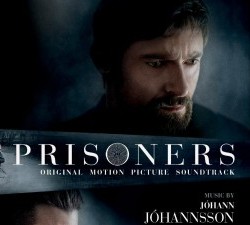
January 23, 2014
For those of you who are music lovers out there, if you are not keeping up with the best and newest in film scores for your collecting and listening pleasure, you are missing out on something truly great. This is not said by Cinema Siren as an impetus for yet more conspicuous consumption, but rather as advice to those who search for wordless accompaniment during your work or study that is both inspired and inspirational.
2013 was not only a stellar year for quality films, it was also a very interesting one in the world of film scores. There has been some very moving music released, much of which differs significantly from the bombast and cacophony or the melodic orchestral quality that is most often recognized by savvy sound hounds.
Some of the best of the year are found in smaller, more intimate, quirkier scores, often created by those lesser known in the field. Pop and indie musicians have, to the benefit of filmmakers and film fans, insinuated themselves and their individual aesthetics, into a number of movies released this year.
The voters in the Academy, as usual, don’t take much notice. They call up the same group of composers, with the exception of the rare outsider, every year. John Williams, Thomas and Randy Newman, and James Horner, to name a few, are perennial nominees. Their music is gorgeous and worthy, to be sure, but there are so many more artists and musical styles that make up the landscape every year. It will be great when there is recognition for all styles of scores, from all film genres, without having to lean toward whatever is the current fashion. Great music is always great.
With that in mind, Cinema Siren offers a list of wonderful scores that added immeasurably to the soundscape of 2013. May they turn at least a few newbies into audiophiles, and enhance that long night working at home with a little beautiful music. Songs or the scores in their entirety can be listened to online, but we’ve put as official a link as possible for more information. Enjoy, and go find a new favorite score!
10. UPSTREAM COLOR by Shane Carruth: Is there anything much more annoying than someone who can succeed at everything? The critics who hated the 2013 release Upstream Color would argue, but Shane Carruth, who was writer, director and star of the film, certainly succeeded in creating a great film score. This hypnotic, ambient soundscape should be experienced all at once, from start to finish, in all its dense, shimmering glory. It is a mind trip, the sort that has you lying in the dark, but feeling all shiny.
9. HER by Arcade Fire and Owen Pallett: Those who know the Canadian band Arcade Fire would not expect the meditative, organic/synthetic juxtapositioning that is their score for the critically lauded film about a man falling in love with his computer. The composers have found themselves nominated for an Oscar with this effort, created concurrently with their latest album Reflektor. It is a sparse, timeless musical articulation of loneliness, isolation and the exploration of joy, borne out of the use of synths and piano. It also nearly becomes another character, as it is used within the story to articulate the changing and ever-evolving emotions of the operating system as “she” expands. Yeah Yeah Yeah front woman Karen O contributes the Oscar-nominated “The Moon Song,” a gorgeous moody little song perfectly in keeping with the rest of the music for this film.
8. PRINCE AVALANCHE by Explosions in the Sky and David Wingo: Explosions in the Sky has made a name for themselves with discerning score fans. Together with collaborator Wingo (who did a great job on the film Mud, which is also worth at least a listen) they have created a meditation on friendship and brotherhood. Through layered guitar washes, choral layering and echoing piano, they build what deceives as a collection of simple themes but is indeed quite aurally diverse, perfectly and seamlessly blended together. It is, in a word, gorgeous.
7. THE BOOK THIEF by John Williams: Williams is known to be consistently great, and is considered one of the best film composers of all time. It is why he so often does get Oscar nominations, and has once again done it with this score, for good reason. While it is true that traditional scores get more awards attention, they are starting to be considered passé or quaint. Williams’ genius should not be discounted in favor of what is new or more in fashion. There should be room for as many scores as there are moods or human emotions. Besides, this man could singlehandedly keep symphony orchestras working, which is a great thing. Some lovely instrumental solos with oboe or harp, for example, as well as strong themes, make this score worth adding to your collection, especially to warm up a cold winter night or a bad day. Also handy if you need a good cry. Williams is always good for that…
6. THE SPECTACULAR NOW by Rob Simonsen: Two of the most underrated films of the year, The Spectacular Now and The Way Way Back, feature scores by composer Rob Simonsen. This score, while it starts with a bright and light brass-based tune, goes on to be a lovely and poignant wash over the senses. There is a kindness, a gentle flow as the songs open up, and sweet as they are, they appropriately bring to mind all the fragility of a first love. One could easily dismiss these songs as trifles. That’s a mistake. Before the last three songs, which are sung by various contributors, Simonsen has found a way under your skin and into your memory.
5. STOKER by Clint Mansell: By the composer that, appropriately, is a frequent collaborator with Black Swan director Darren Aronofsky, who brought us the score-obsessed favorite, The Fountain, Stoker is deliciously gothic and sinister, but highly listenable. This one isn’t for everyone. The former frontman of ’80s band Pop Will Eat Itself uses echoing piano, hypnotic guitar and lush orchestration to create an eerie tension for the film, but when taken alone, it is like experiencing a soundtrack to some quirky personal yet slightly pervy dream. Dark sounds abound, but there is a wonderful swirling moodiness that pervades, as if he conjures a hot night that alternately plinks big clumsy raindrops and crashes thunder. It all feels created just for you, like a secret between you and your headphones. Look for the Philip Glass piano piece “Duet,” which makes a great score even better.
4. TRANCE by Rick Smith: The work of one half of the longtime Boyle collaborators Underworld, this keyboard-heavy and slowly building powerhouse of a score is worth it for the gorgeous song “Here It Comes, sung by Scottish singing sensation Emeli Sande (a disappointing omission from the Oscar noms for Best Song). It is not available for download on its own, but the score as a whole is fully worth the investment. As underrated as the film it represents, Smith’s Trance must be taken as one long piece of music, which builds, with the knitting together of drums and alternately twinkling and crunching synths, to an emotional crescendo with a gorgeous fearless intensity that is released only with the optimistic coda that is the bell-clear introduction of Sande’s voice.
3. MAN OF STEEL by Hans Zimmer: Neither score created by Hans Zimmer was recognized by the Academy this year, but if one had, it probably wouldn’t have been the right one. Man of Steel is a jaw-dropping monster of a soundtrack, perfectly suited to Oscar voters. Unfortunately it was written for a science fiction film, thereby automatically relegating it to the periphery, out of range for consideration. Zimmer, who is known for his balance of electronic sounds and live instruments, employs the help of a large drum ensemble of notable percussionists and a full orchestra, to create the heroic themes and memorable melodies that get better and better upon each listen. Zimmer is known for his way of building tension through complex layers of sound that increase in intensity and volume to an emotional crescendo, and then recede only to build again another way. He expands on his unforgettable work on Inception, creating what is arguably his best score to date.
2. GRAVITY by Steven Price: Nominated for a scoring Oscar, Price’s fist-clencher Gravity has an intermittent harshness that makes listening to it a unique and committed experience. It walks the line between music and sound design, as it was used in the film to convey sounds (which don’t exist outside the atmosphere, as a matter of physics) and, to some extent, emotions, in the vast expanse of space. It alternates between the ethereal and cacophonous, but it would be a mistake to write this work off as musical freneticism. This is the one score included on this list that requires “active listening.” It is, apart from what it offers as accompaniment to the film, its own thrill ride, and an impressively risky endeavor by the composer. Challenging, it is, but equally rewarding to those willing to take the journey.
1. PRISONERS by Johann Johannson: One of Iceland’s most prolific musicians, Johannson has created a bit of a zen meditation in this score, which is filled alternately with aery spaces and intense synthetic builds. There is a tension in keeping with the film’s difficult subject matter, but the music itself can be taken as contemplative or intense, depending on the listener’s mood. The BBC called Johannsson “an intrepid musical enigma,” no surprise as he comes from the land of lauded indie weirdo Bjork. This score builds an otherworldly aural environment for director Villeneuve’s underrated 2013 release. It uses a blend of orchestra with string and woodwind sections with two little known instruments to create a delicate glassy surface that heightens the tension of the film. Said Johannson: “Even though the movie is a thriller, the music is lyrical and beautiful, in stark contrast to the intensity of the film it depicts.” Beautiful it is.
Honorable Mention:
ALL IS LOST by Alex Ebert: In a film with no more than a paragraph of words spoken, and in which the lead character (played by Robert Redford) experiences a huge personal odyssey, Ebert, best known as Edward Sharpe of The Magnetic Zeros, is tasked with articulating Redford’s inner emotional monologue. The range is from relief to hopelessness, from melancholy to joy. A sort of elegiac hymn-like quality pervades throughout, but is never oppressive. The music translates staring into mortality until peace is found.


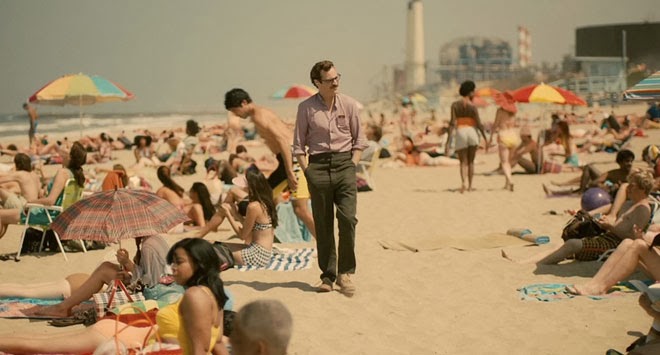

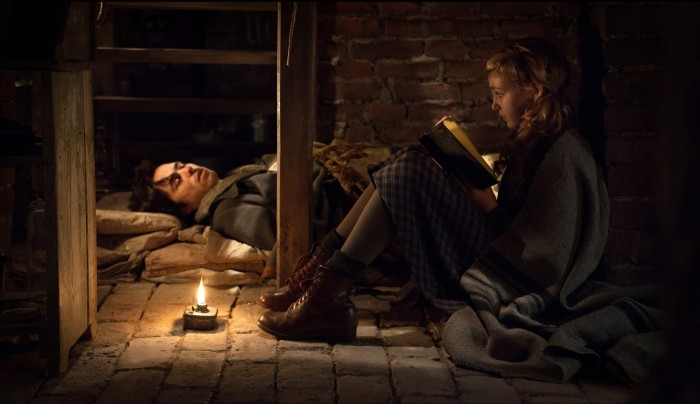
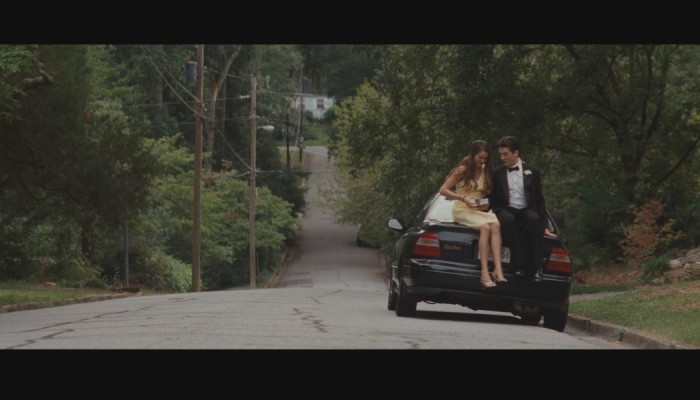
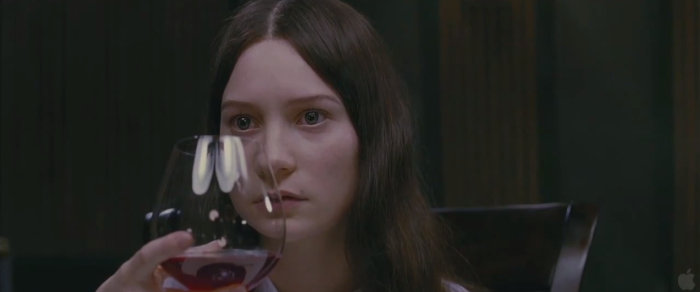
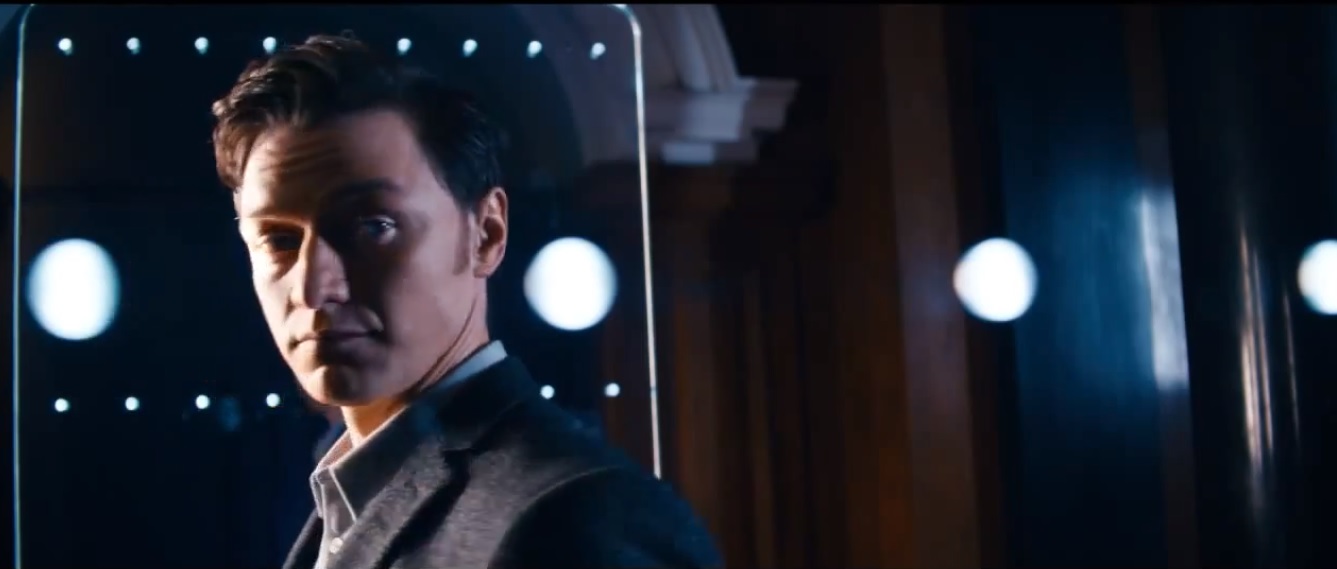
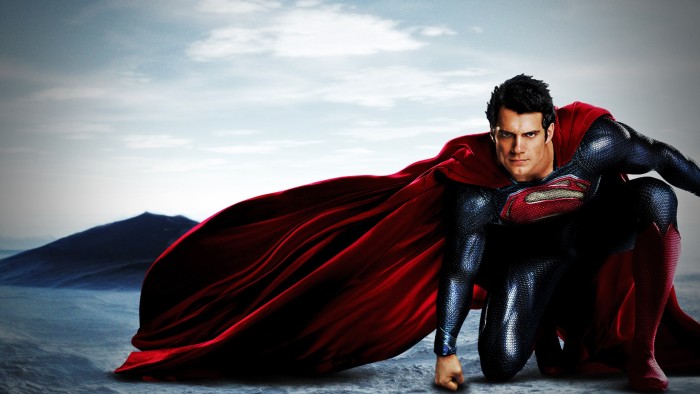
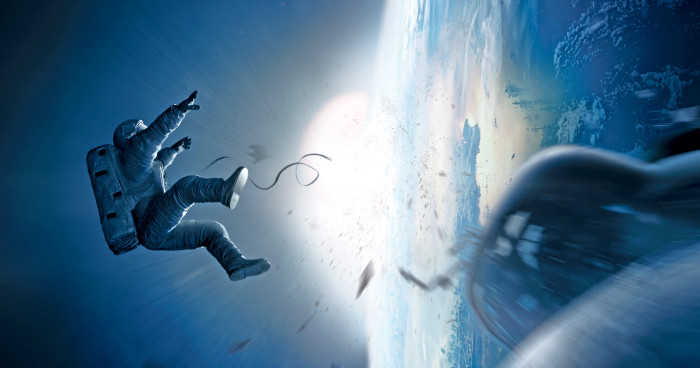
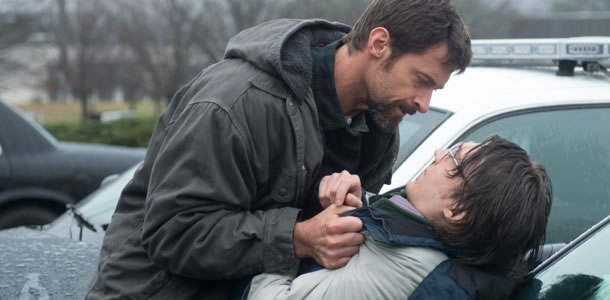
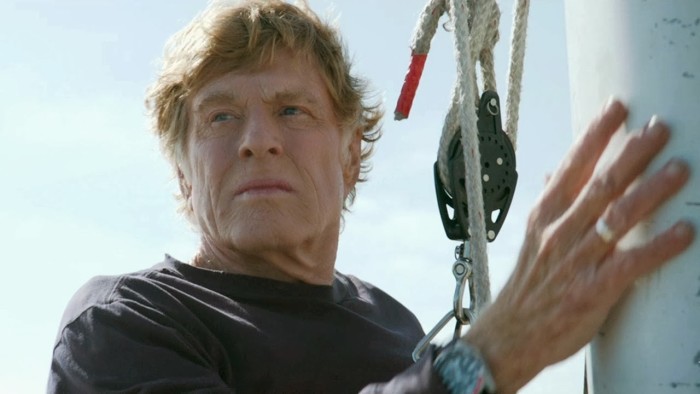
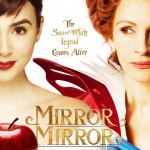


I swear the tears come into my eyes when I read the way you string your words together as if they were pearls and crystals softly and brilliantly shimmering with colours. Even if you hadn’t been writing about one of the most important topics to me (I am, after all, one of “those who search for wordless accompaniment during your work or study that is both inspired and inspirational”) I would listen to the music simply by your nudging it towards me with phrases like “as if he conjures a hot night that alternately plinks big clumsy raindrops and crashes thunder. It all feels created just for you, like a secret between you and your headphones” and “staring into mortality until peace is found”. Word art…as important to me as music (the greatest of the arts), and visual art.
Great list and great commentary.
Thank you